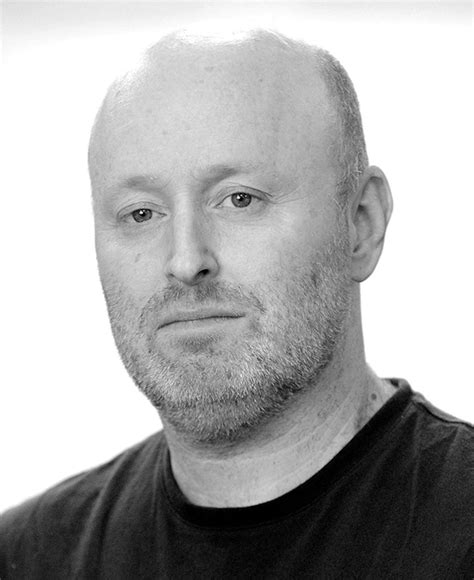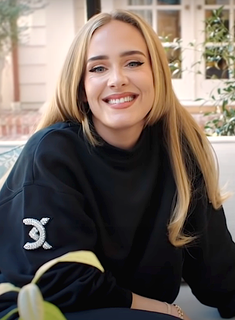A Quote by Lisa Kleypas
Anyone who had ever read a novel knew that governesses were supposed to be meek and downtrodden.
Related Quotes
I remember one letter from a girl in a midwestern town who read one of my books and thought she had discovered it- that no one had ever read it or knew about it. Then one day in her local library she found cards for one or two of my other books. They were full of names- the books were borrowed all the time. She resented this a bit and then walked around the town looking in everybody's face and wondering if they were the ones who were reading my books. That is someone I write for.
It was only after two years' work that it occurred to me that I was a writer. I had no particular expectation that the novel would ever be published, because it was sort of a mess. It was only when I found myself writing things I didn't realise I knew that I said, 'I'm a writer now.' The novel had become an incentive to deeper thinking. That's really what writing is—an intense form of thought.

































